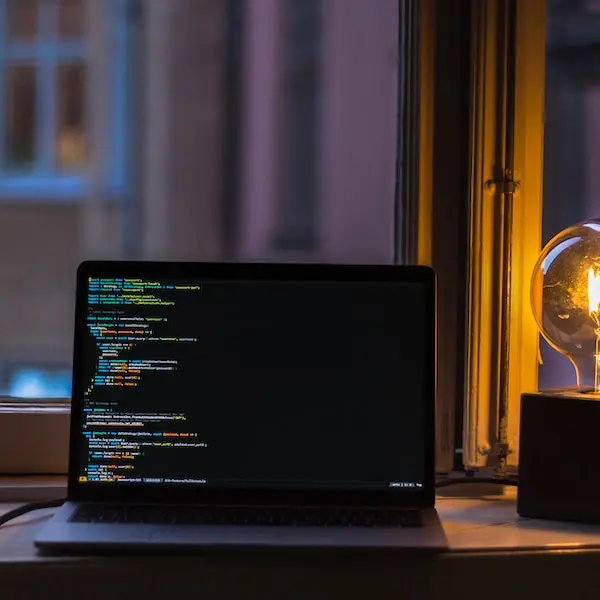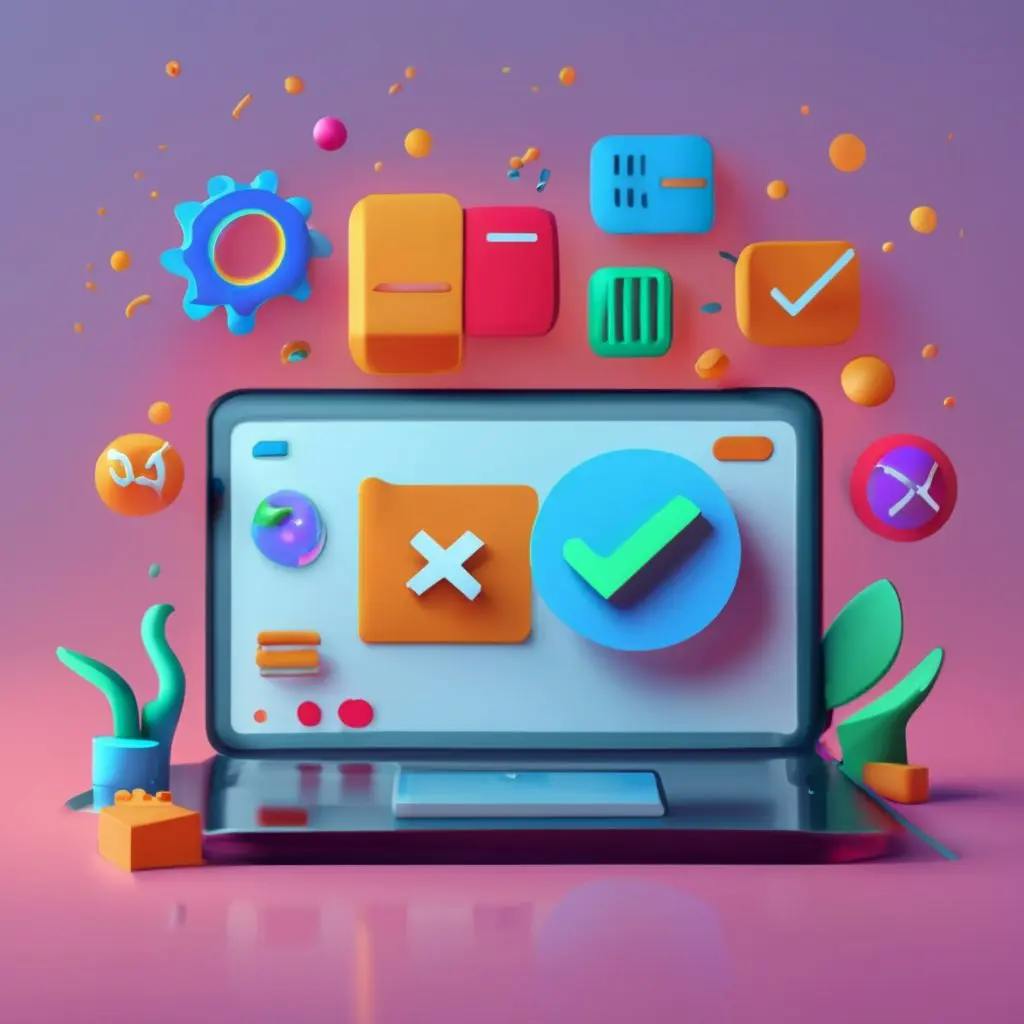How long would it take to learn coding?
Updated on Oct 21, 2023
•By Constantin Ginga
It can take anywhere from 3 months to a year to learn the basics of coding, but you can speed up the process by following a few simple tips.

With the increasing demand for technological skills, learning coding has become a popular choice for many people. But how long does it take to learn coding? The answer depends on your goals and what you want to do with your new skill. In this blog post, we will discuss the factors that affect how long it takes to learn coding and provide some tips for speeding up the process.
- Different ways of learning to code
- Skills you need for coding
- How to learn coding faster
- Challenges in learning to code
- Ready to learn coding?
Different ways of learning to code
There are many different ways to learn coding. Some people prefer to learn on their own, while others prefer a more structured approach. The best way for you will depend on your learning style. Here are some of the most popular ways to learn coding:
- Self-taught: This method is becoming increasingly popular because it allows you to learn at your own pace and in the comfort of your own home. You can find many free resources online, such as tutorials and videos, that will help you get started with coding. Learning by yourself requires a lot of self-discipline and motivation. You can ensure that you stay productive by using different productivity hacks, such as the Pomodoro technique or time blocking.
- Bootcamps: Bootcamps are intensive programs that teach you how to code in a short period of time. They usually last between 3 and 6 months. Bootcamps are a great option if you want to learn coding quickly in a more focused and structured approach. However, they can be very expensive and require a lot of time commitment.
- Traditional education: This is still the most common way to learn coding - getting a degree in computer science or software engineering from a university. Compared to the other approaches, this one takes the longest time and is usually the most expensive. The main benefit of this method is getting a solid foundation in programming.
Skills you need for coding
Coding is a skill that requires a lot of patience and persistence. It can be difficult to learn at first, but with practice, you will get better and better. Here are some skills that will help you learn coding faster:
- Problem-solving: Coding is all about solving problems. You need to be able to break down complex problems into smaller, more manageable pieces. The programming languages used in the industry are always changing, but the core concepts remain the same. If you can learn how to solve problems, you will be able to learn any new programming language.
- Ability to adapt to change: The tech industry is constantly changing, and you need to be able to adapt quickly. You should always be learning new things and keeping up with the latest trends. With that said - don't get too caught up in the latest trends in the beginning. Focus on learning the fundamentals of programming first. Once you have a solid foundation, you can start learning more advanced topics.
- Attention to detail: Coding requires a lot of attention to detail. You need to be able to spot errors in your code and fix them quickly. It's important to pay attention to the little things, whilst also keeping an eye on the bigger picture too.
- Communication skills: Coding is a collaborative process. Most of the time, you will be working in a team of developers, which means communicating with others and explaining your ideas clearly is crucial. You should also be able to communicate with non-technical people, such as clients and managers.
How to learn coding faster
While there is no shortcut to learning coding, there are some things you can do to speed up your learning journey. Here are some tips and techniques that can help you make the most out of your time:
- Choosing the right learning method: As mentioned earlier, there are many different ways to learn coding. You should choose the one that suits your learning style and goals. For example, if you want to learn coding quickly, then a bootcamp might be the best option for you. If you prefer a more structured approach, then a traditional education might be better. If you want to learn at your own pace and at a lower cost, then self-learning might be the best option for you.
- Setting goals: Setting goals is a great way to stay motivated and focused. You should set both short-term and long-term goals. For example, you can set a daily goal (also known as a daily highlight) to learn a new concept or finish a programming exercise. You can also set a goal to get a job as a software developer in 1 year. This will help you stay on track and measure your progress over time.
- Finding a mentor: Having a mentor can be very helpful when learning coding. A mentor can provide you with guidance and advice, as well as help you stay motivated. You can find a mentor by joining a coding community or attending meetups. This will also help improve your communication skills, which is an important skill for software developers, as mentioned earlier.
- Building projects: Building projects is a great way to learn coding. It allows you to apply what you have learned and see how things work in the real world. You can build a simple website or an app or contribute to open-source projects. This will help you gain experience and build your portfolio, which will help you get a job in the future.
Challenges in learning to code
Learning coding can be exciting and rewarding, but it also comes with its own set of challenges. Understanding these challenges can help you overcome them and make the most out of your learning journey. Here are some common challenges that you might face:
- Understanding complex concepts: You will encounter many complex concepts along the way, such as algorithms and data structures. It's important to take your time and understand these concepts thoroughly before moving on to the next topic. You can overcome this challenge by breaking down complex concepts into smaller, more manageable pieces and using visual aids to help you understand them better.
- Staying motivated: This is especially true if you are learning coding on your own. It can be difficult to stay motivated when you don't have anyone to hold you accountable. You can overcome this challenge by setting goals and using different productivity hacks or even gamifying your learning process.
- Overcoming the fear of failure: Many people are afraid of failing, which prevents them from trying new things. You might be afraid of making mistakes or not being able to solve a problem. You can overcome this by accepting that failure is part of the learning process and that you will make mistakes along the way. You should also remember that you can always ask for help in online communities if you get stuck.
Ready to learn coding?
Hopefully this article has given you a better understanding of how long it takes to learn coding and what you can do to speed up the process.
With tech skills becoming more and more in demand, learning coding is a great way to future-proof your career. If you decide to go with the self-taught approach, it's important that you stay consistent and motivated on your learning journey. We're here to make the process easier and more fun, by visualising your progress and sending you daily reminders to stay on track. You can sign up to start your coding journey today!
Happy coding!


